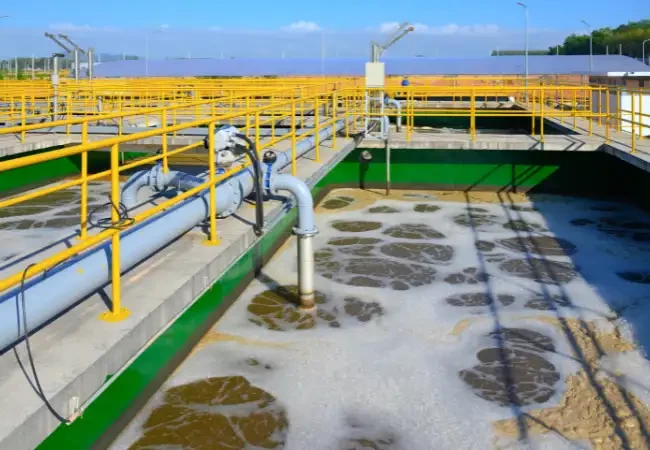“Net zero emissions by 2050” is a goal to reduce global emissions to zero by the year
2050. It's a key part of the Paris Agreement, which aims to limit global warming to 1.5°C
above pre-industrial levels. To achieve this, emissions need to be reduced by 45% by
2030. Alantech offers innovative solutions for water conservation in industrial and
municipal projects, turning wastewater into a useful resource that can be safely reused
or returned to the water cycle. Our advanced treatment methods handle different types
of wastewaters, such as industrial effluents and greywater, meeting strict environmental
rules.
Alantech is committed to providing energy-efficient water systems that help reduce
carbon footprints and lower operational costs. As a leading supplier of Grundfos
pumps, Inxopa pumps, Global water tanks and DuPont CCRO technology we
leverage smart technology and automation to maximize energy savings. Our solutions
use advanced controls to make equipment performance better, cutting down energy
consumption and emissions while making water use more efficient. By implementing
these sustainable practices, Alantech supports businesses in their efforts to achieve
greener operations and contribute to a more sustainable future.


